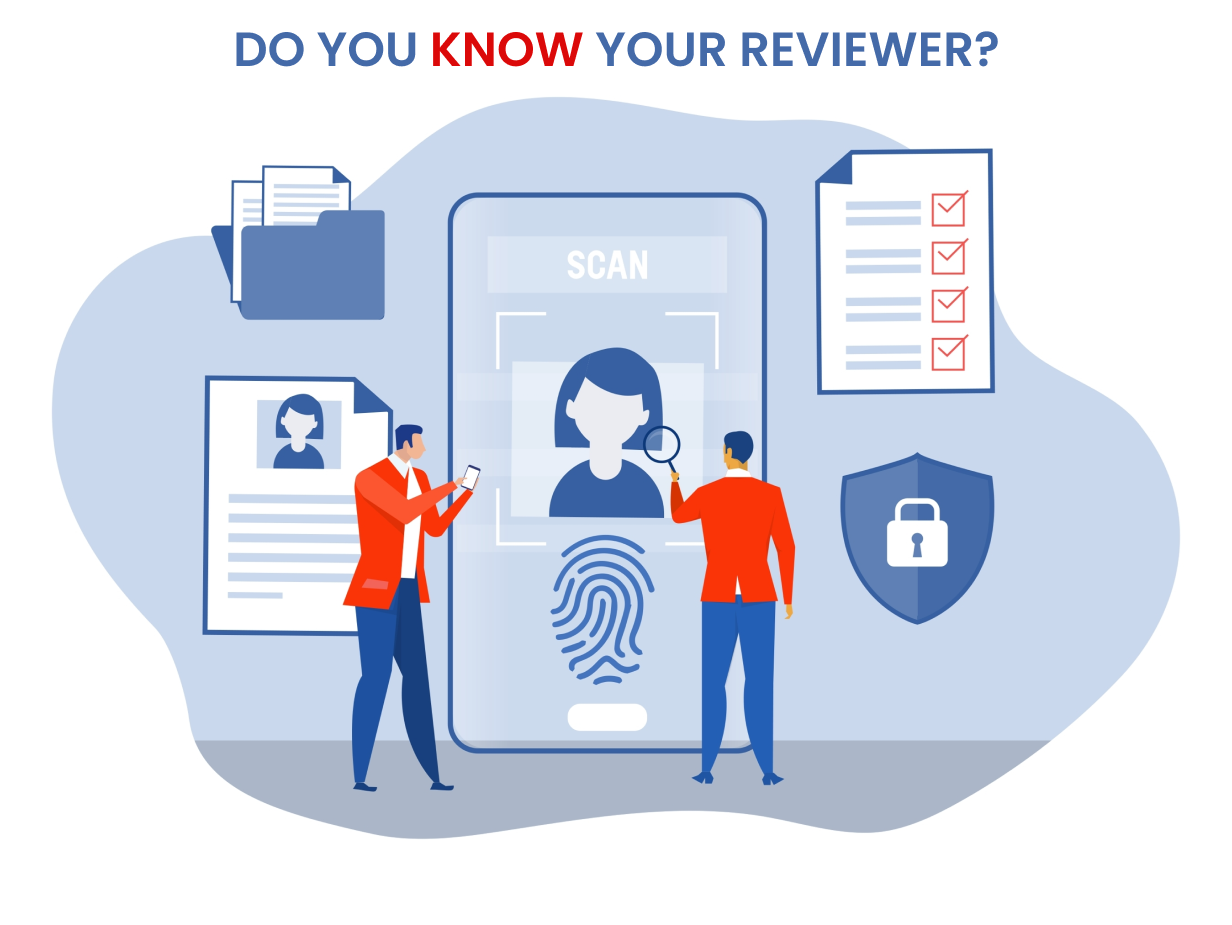The rise of generative AI has enabled the creation of countless fake online reviews, eroding consumer trust in the digital marketplace. Anonymous users can easily generate armies of deceptive personas to manipulate product perceptions. This is further evident from a recent study by Yale School of Management professor Balázs Kovács, which reveals that AI-generated reviews can pass the “Turing test” by fooling both human readers and AI detectors. Originally proposed by computer scientist Alan Turing, the Turing test evaluates a machine’s ability to exhibit intelligent behavior indistinguishable from that of a human. In this context, if both people and AI detectors cannot distinguish these fake reviews from genuine ones, it poses a significant threat to the credibility of online reviews.
The internet, constructed without a fundamental mechanism for identity verification, has become a breeding ground for deception, allowing bad actors to exploit various facets of digital interactions and commerce. This foundational flaw has profound implications, especially in the context of online reviews. As AI technology advances, it is increasingly capable of generating reviews that indistinguishable from an actual human’s. This raises a critical question: What does it mean for the integrity of review platforms if they are inundated with seemingly genuine, yet entirely fabricated, reviews? The potential extent of this deception is not just a theoretical concern but a practical one, threatening the very trust that consumers place in digital marketplaces.
How can these platforms safeguard against such sophisticated fraud, and what does the future hold for consumer trust in an ecosystem rife with indistinguishably fake endorsements? The “Know Your Reviewer” approach verifies the real identity behind each review through robust identity-proofing measures. This ensures review authenticity by linking feedback directly to verified customers. It even aligns with legislation like the INFORM Consumers Act, promoting transparency and accountability for online sellers and reviewers.
The “Know Your Reviewer” approach goes beyond a mere feature; it is a pledge to transparency. By employing robust identity verification measures, each review carries a badge of authenticity. Unlike traditional systems that merely filter dubious content, this approach ensures every feedback comes from a verified customer, transforming reviews into credible, dependable, and valuable consumer insights.
The INFORM Consumers Act, signed into law in late 2022, is akin to the “Know Your Customer” standards in the financial industry. The goal is to ensure that sellers are legitimate and to help protect buyers from fraudulent activity. Although the Act primarily targets seller verification, it creates an environment that could extend to reviewing practices, emphasizing the importance of linking online activity to real-world identities.
Implementing reviewer verification through robust identity-proofing measures may seem costly or inconvenient, but it is a wise investment for maintaining consumer trust and brand reputation. By verifying reviewers’ identities, digital platforms ensure reviews are genuine, not algorithmically generated. This trust infrastructure preserves credibility and cultivates an ecosystem where authenticity thrives and ethical commerce flourishes.
At Trua, we understand the value authentic reviews provide by instilling confidence in consumers and vendors. Our innovative, reusable identity verification solution ensures each review on your digital platform comes from a verified individual, elevating your credibility, brand value, and reputation.
